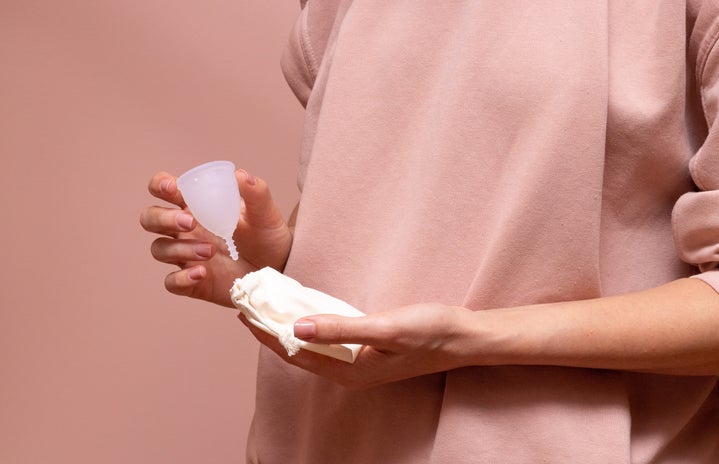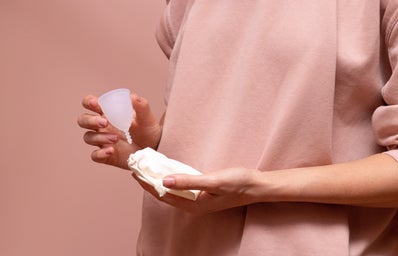Last year, Scotland became the first country to allow free and universal access to menstrual products in all public facilities. This includes schools, colleges, universities, libraries, and recreational centers. The bill was passed under a unanimous vote by the Scottish Parliament and has received a great deal of praise from women’s rights and equality groups.
The Scottish government plans on investing relatively £8.7 million per year regarding this piece of legislation. Monica Lennon, who is a member of the Scottish Parliament, claims that at least 20% of women would participate in the scheme. This is accredited to the fact that official inequality statistics demonstrate that approximately 20% of Scotland’s female population is living in poverty. However, this situation highlights the question many governments across the globe are confronting right now. Is it worth offering free and accessible period products despite knowing the high expenditure involved?
Women and girls are both prone to mishaps in regard to their period. One of the many situations they encounter is walking into a bathroom stall and finding their underwear soaked in blood. As a last resort, they turn to tissue paper as a substitute for pads or tampons to help them get through the remainder of their day. This is an issue that can be completely eliminated if period products were made available in public facilities, such as bathrooms.
58% of women feel embarrassed when they are menstruating. This can be ascribed to the dismissive stigma associated with women during their periods. Across the world, menstruating women are condemned by the limited perceptions of society, which characterizes them as impure, moody, a disgrace, and more importantly a taboo. For example, in Venezuela, some women are forced to sleep in huts throughout the duration of their menstruation. In India, many girls miss out on family trips to cultural sites because they are on their periods. By informing and educating the public on these matters, the ostracization and humiliation of women being on their monthly cycles will notably decrease.
The constant feeling of discomfort and shame in relation to periods is detrimental regardless of a woman’s age. In adolescence especially, girls tend to avoid openly discussing their menstruation problems with anyone because of these sentiments. This includes stressing out about not having the proper period supplies. As a result, this causes them to lose focus in learning the class material and sometimes even forces them to miss an entire day of school, both of which have adverse effects on their education.
The same applies to women in the workforce except instead of having their studies at risk, it’s their promotions and productivity levels. Researchers have discovered that women lose nearly 9 days of productivity every year due to menstrual cramps. Loss in productivity may also generate a lack of motivation while working, which eventually spirals into less satisfaction with their career and imposes a negative attitude and mindset. The creation of a warm and welcoming environment for menstruating women at school and work would help boost their confidence levels while also making them feel comfortable in their own skin.
Women also spend an average of $6360 in their lifetime on menstrual hygiene products. For middle and upper-class women, this is a manageable cost. In contrast, for low-income women, buying pads or tampons is another financial burden on top of shopping for food and paying rent. The inability to afford proper period commodities can have grim consequences on a woman’s health, making them vulnerable to urinary and reproductive tract infections. They are even prone to developing cervical cancer. With free access to appropriate supplies, this is another catastrophe that can be averted.
An interesting argument as to why menstrual products should be made free is because we can reduce the accumulation of environmental waste. The average woman spends around $2000 in their lifetime to replace their underwear that has been ruined by leaks. By having free access to pads and tampons, we can reduce our greenhouse gas emissions and the amount of wastewater we produce in garment manufacturing.
We as women did not ask for periods, yet we were born with the natural biological process to menstruate. It is absolutely nothing to be ashamed about. So hold your head up high and be proud of your period. Let’s make sure that all women have free and universal access to menstrual products because it simply is not a necessity. It is our right.



